
The Origin of Mekong Capital
Author: Chris Freund, Partner, Mekong Capital
May 30, 2018
———
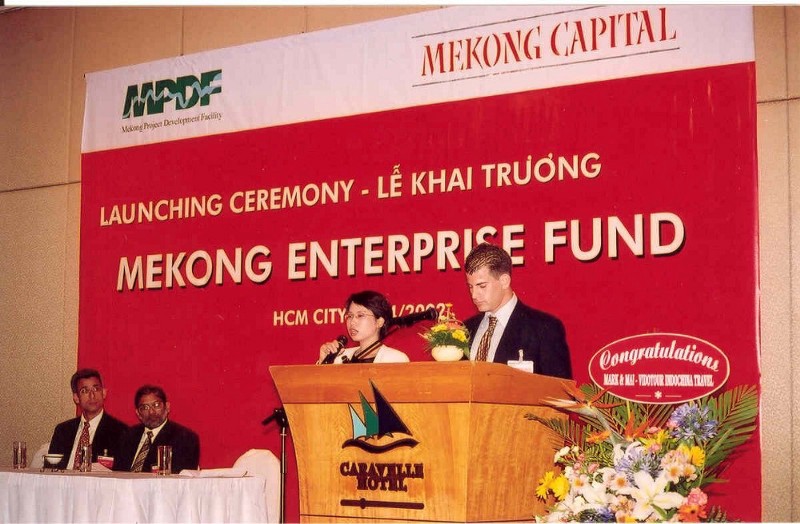
It was the year 2000 and I was working at Templeton in Singapore. After working in Vietnam in the 1990s, Singapore was a huge change for me. I arrived in Vietnam in 1994 as a young expat arriving shortly after the US led trade embargo was lifted. These were exotic and mysterious times, full of excitement and new possibilities. Everything that I and the people I knew in Vietnam were doing was somehow unique and pioneering — no two business people were doing the same thing. However, working for a financial institution in Singapore a few years later, it was like there was no new ground to discover and I was a cog in the machine of some big system. So while I enjoyed living in Singapore, I yearned to be back in the frontier-environment of Vietnam.
Although the investments made by Templeton in Vietnam in the 1990’s were performing alright, and we were playing some role as members of the Boards, I kept getting the feeling that simply attending quarterly Board meetings wasn’t enough and that it would be possible to add a lot more value as shareholders than what we had been doing. All 3 of the investments Templeton had made in Vietnam in the 1990s were joint ventures with State Owned Enterprises (SOEs), and all of the Board meetings were mainly battles over who the suppliers would be. There was a constant misalignment of interests, and little of the Board conversations focused on how to build long-term value for those companies. I thought there must be a better way.
During the time I was working in Singapore I had the opportunity to meet the CEOs/founders of a broad range of Taiwanese and Israeli technology companies, and I could see that the private sector was proactive and responsive to the market in ways that SOEs or joint ventures with SOEs could never be. It became increasingly clear to me that private companies would emerge in Vietnam as the main driver of growth, and that private companies would grow much faster than SOEs and joint ventures with SOEs.
Meanwhile, the World Bank’s International Finance Corporation (IFC) had a program in Vietnam called Mekong Private Sector Development Facility (MPDF), whose mission was to promote the development of the private sector in Vietnam, Cambodia and Laos. MPDF had prepared a business plan in 1999 for a fund that would invest in private Small and Medium size Enterprises (SMEs) in Vietnam, Laos and Cambodia in order to help with the development of the private sector in those countries. MPDF was non-for-profit and couldn’t manage such a fund themselves and they were looking for someone to manage it.
So when the General Manager of the MPDF called me one day in Singapore to ask me if I knew of anyone who could manage a small fund that would invest in private SMEs in Vietnam, Laos and Cambodia, I knew immediately this is what I had been looking for. This was the opportunity that would bring together my 3 main interests: being in Vietnam — a country I loved; playing a pioneering role in the development of Vietnam’s nascent private sector; and finding a way to add much more value to investee companies than what investors had been doing.
At this time the only other fund that was actively operating in Vietnam was Dragon Capital, which was only investing in equitized SOEs. So I saw the opportunity to set up the first fund in Vietnam to focus uniquely on investing in private companies. I envisioned that our investments would be into private companies that would emerge as the leading private companies in Vietnam, and due to their fast growth would overtake SOEs to become the largest companies in Vietnam within 10 years or so.
One of MPDF’s sponsors was Asian Development Bank (ADB) and they were very excited about this project due to the expected development impact. I was also able to enroll a prominent angel investor to became a founding shareholder of Mekong Capital and an investor in Mekong Enterprise Fund. Given that the angel investor had recently retired from his role as Chairman, CEO and Chief Investment Officer of one of the world’s largest investment management organizations, he was a helpful early supporter who also gave us credibility. With these 3 partners on board, I resigned from Templeton and moved back to Ho Chi Minh City in March 2001. By April 2001 I formed the legal entity for Mekong Capital, and we soon obtained a representative office licence in Vietnam. At this time I was sometimes nervous about if we would be able to raise our fund, but I was so excited about the opportunity that I just kept moving forward.
ADB and MPDF introduced me to other investors that would eventually become shareholders of our first fund. Although IFC couldn’t invest in our fund since they had already invested in Dragon Capital’s fund the year before and didn’t want to invest into two competing funds, they also introduced other investors who would also invest in Mekong Enterprise Fund. And it was with these investors that we got Mekong Enterprise Fund off the ground in mid-2002 after around one year of active fundraising.
Mekong Enterprise Fund’s investee companies did not ultimately become the leading private companies in Vietnam as I had envisioned. In retrospect, many aspects of Mekong Enterprise Fund’s strategy and our investment decisions were wrong. For example, the companies didn’t build strong management teams, the fund focused on export-oriented manufacturing which has turned out not to be a good sector for institutional investors in Vietnam, these were typically family owned businesses that were resistant to change, we tried hard but typically failed to add value to these companies, and we made many mistakes on the timing of exits. Mekong Enterprise Fund ultimately returned approximately 100% of the value of its original capital to shareholders, which was a disappointing outcome. However, it gave us our start and provided opportunities for many lessons learned.
This led to our second fund, Mekong Enterprise Fund II, implementing lots of improvements and becoming one of the best performing funds in the history of Asian private equity, already returning more than 450% of the value of its original capital to shareholders. Several of its investments did become leading private enterprises in Vietnam such as MobileWorld, Vietnam’s largest retail group; Golden Gate, Vietnam’s largest restaurant group; and Vietnam Australia International School (VAS), Vietnam’s largest private K-12 school group.
I’m sharing this because the commitment to adding value to Vietnamese private companies has been the core of Mekong Capital’s DNA from the very beginning. Although we got it wrong at first, we were persistent, learned from our mistakes, and ultimately developed a reliable framework for consistently adding value to our investee companies.
Just think what’s possible for the world of emerging markets private equity if the seed that was planted in Vietnam back in 2001 ultimately leads to a much higher standard in terms of the value that private equity investors contribute to their investee companies.
Click below to subscribe to Mekong Capital’s quarterly newsletter.
Mekong Capital makes investments in consumer-driven businesses and adds substantial value to those companies based on its proven framework called Vision Driven Investing. Our investee companies are typically among the fastest-growing companies in Vietnam’s consumer sectors.
In January 2022, Mekong Capital founder Chris Freund published Crab Hotpot, a story about a bunch of crabs who found themselves stuck in a boiling pot. The colorful cover of “Crab Hot Pot,” complete with expressive cartoon crustaceans, looks like a children’s tale at first glance. But as one continues reading, it becomes clear that the work has an important message about organizational transformation, leadership and focusing on a clear vision for the future.
The book is available on Tiki (Hard copy): bit.ly/38baF8a (Vietnamese) and Amazon: amzn.to/3yWunzG (English)

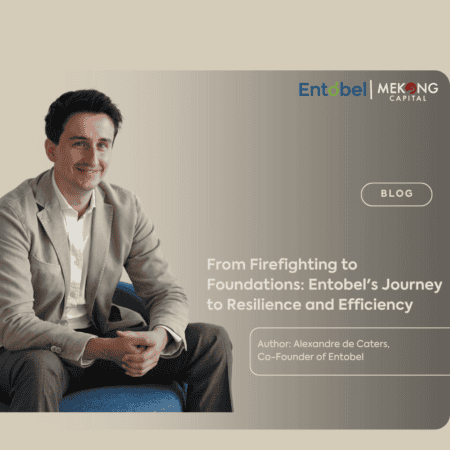

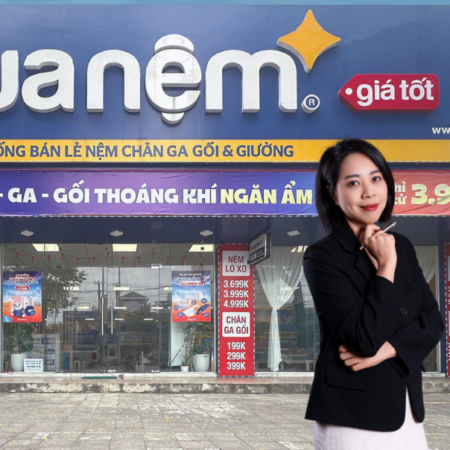
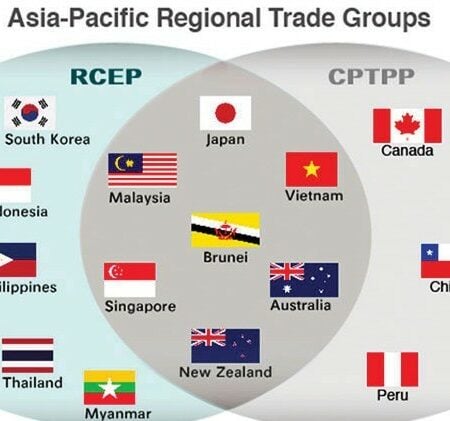
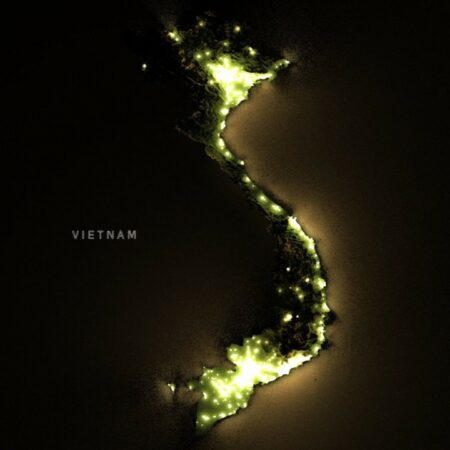
Leave a Reply